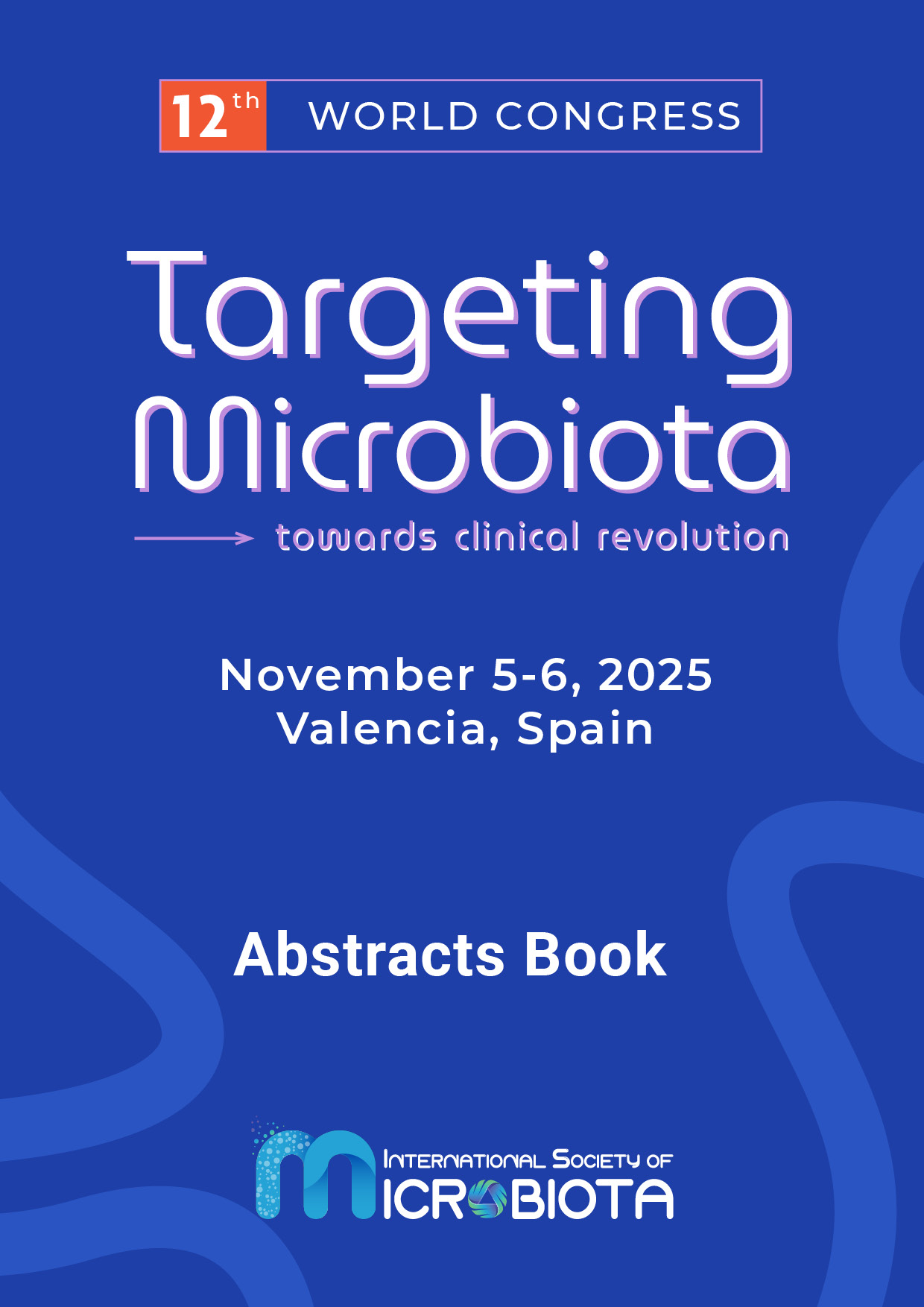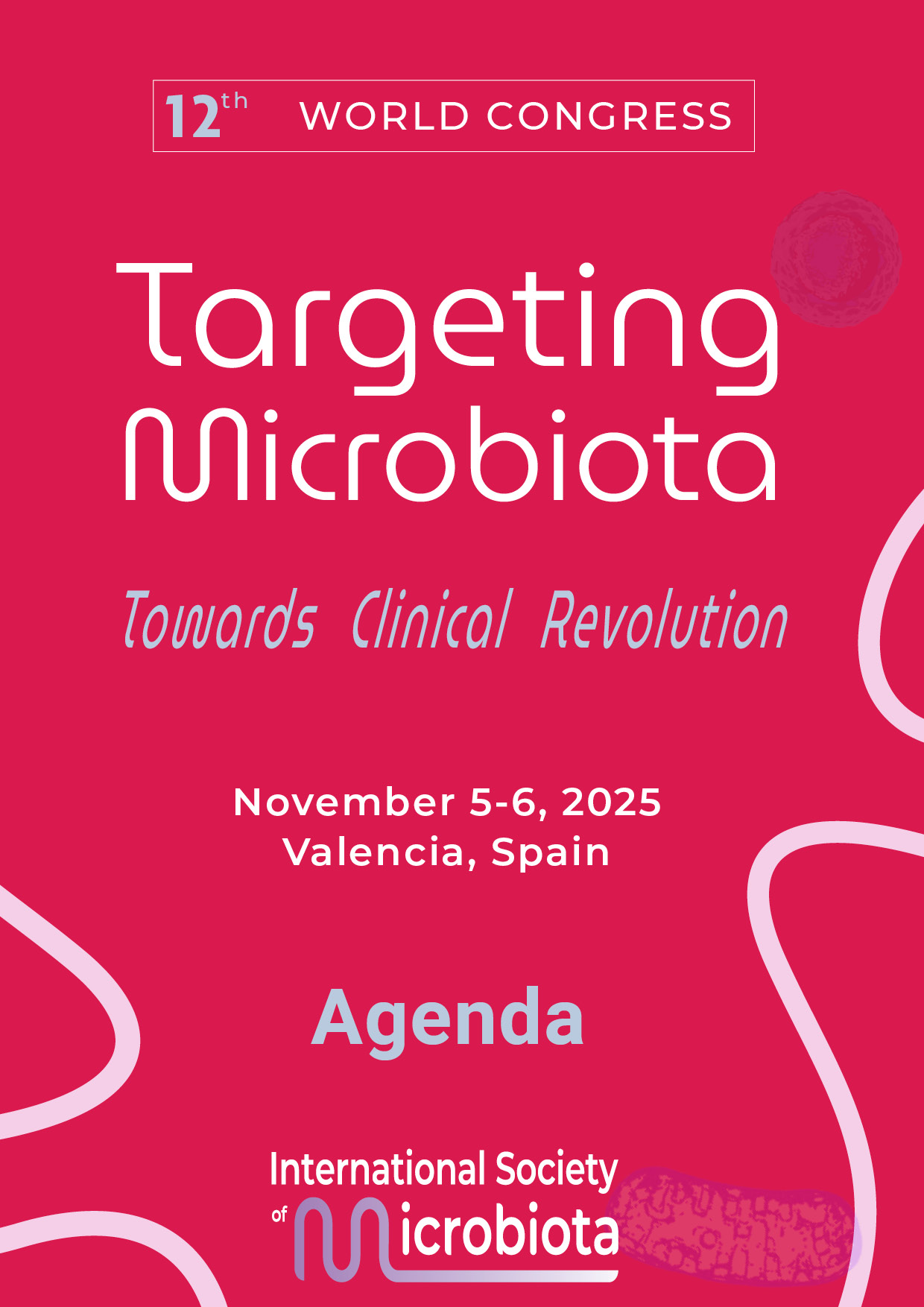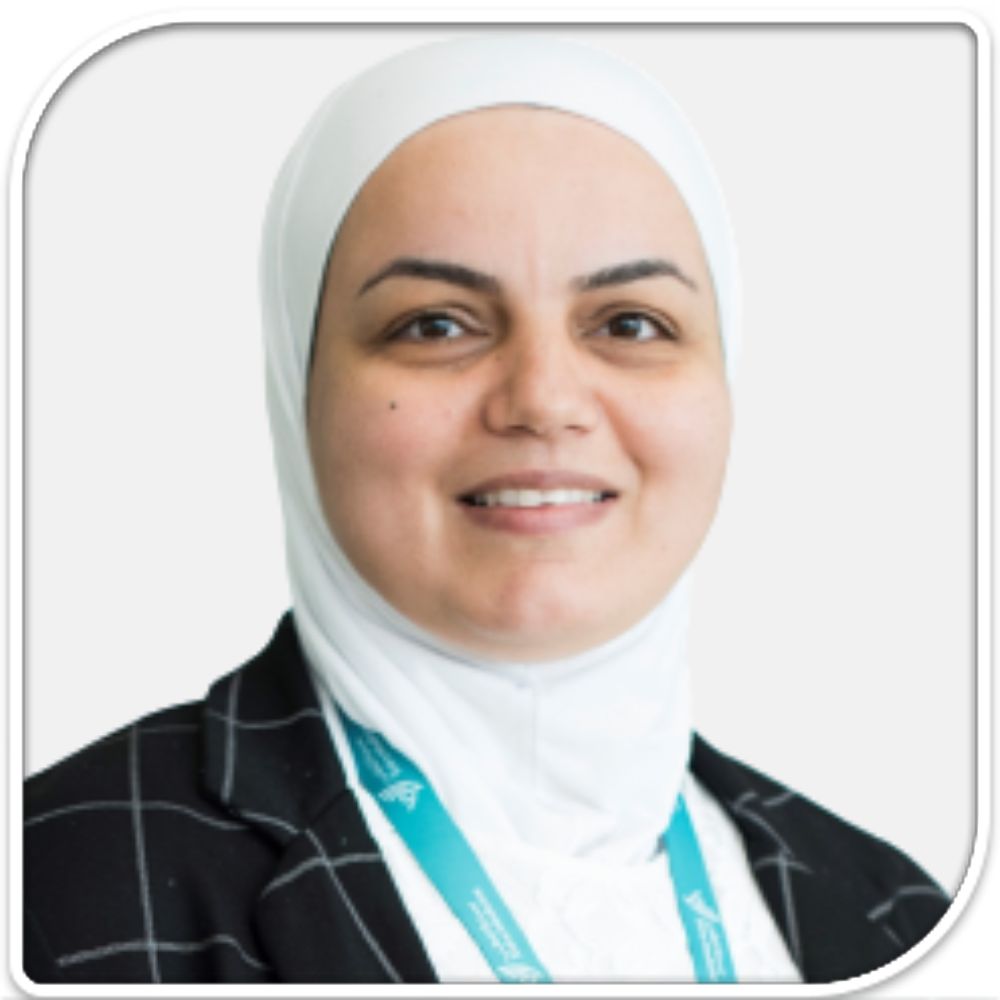General Information
Diago will be present at Targeting Microbiota 2024

We are delighted to announce that Diago will be present at the 11th ISM World Congress on Targeting Microbiota 2024.
About Diago
Diago offers personalized preventive solutions driven by advancements in microbiome and longevity science from Japan.The journey of Diago began with the discovery of the Theory of Longevity by Élie Metchnikoff, Nobel Prize Laureate in Physiology and Medicine in 1908, and a pioneer in immunology and gerontology. Inspired by his work, four generations of Japanese scientists have continued to innovate in the fields of longevity, health, and well-being, delivering exceptional preventive solutions to the world.Diago products are 100% organic and have no analogues. They contain the most valuable secretions for human health from 16 types of beneficial lactobacilli and their cellular material.
About Metabiotic Daigo
- Metabiotic Daigo is a mixture of peptides, specifically bioregulators extracted from the bacterial cells of 16 strains of physiological lactic acid bacteria found in a healthy human intestine. It is not a probiotic nor a prebiotic.
- Metabiotic Daigo helps to improve the balance of TH1 helper cells to TH2 helper cells, strengthening the body’s resistance to infections and viruses.
- It also slows down the rate of telomere contraction by more than twice, effectively prolonging the lifespan of cells and the body.
Diago's philosophy emphasizes a healthy lifestyle, longevity, and beauty from the inside out.
For more information, please contact : yanat.daigo(at)gmail.com
Who Attended Targeting Microbiota 2024?
| DNA Genotek (Supporter) Bac3Gel (Supporter) Microbiota and Host (Supporter) Diago (Supporter) A&P Inphatec Affinity Petcare Atrium Health AlfaSigma Charité Research Organisation GmbH Copan Italia Spa Herbalife Nutrition ILVO Immundiagnostik AG JHJ Sp. z o.o. JSR Corporation L'Oréal Novonesis Petsiavas S.A. Probiotica Research Srl The Bioarte ThermoFischer Zentiva Silab Synthaverse S.A. Academia Sinica Aalborg University Asan Medical Center Academy of Sciences AccessMDx Beneficial Microbes BG KlinikumBergmannstrost Halle CSIRO Commenius University Copan Italia Spa CMET-UGent Comenius University In Bratislava Cromwell Hospital ETH Zurich Federal University of São Paulo Florida Gulf Coast University Furtwangen University of Applied Sciences Hirszfeld Institute of Immunology and Experimental Therapy HUN-REN BRC HUN-REN Institute of Experimental Medicine Hungarian Research Network Biological Research Centre Imunidade Guerreira |
Institute of Human Genetics Polish Academy of Sciences Institute of Microecology Instituto de Investigación nutricional Instituto Tecnologico Y De Estudios Superiores De Monterrey IUF Düsseldorf Kinderarztpraxis Arlt-Bonakdar Konyang University Hospital KK Women's and Children's Hospital Laval University Maastricht UMC+ Masaryk university Max Planck Institute for Medical Research McMaster University MedVida North Denmark Regional Hospital Panacéa Formation Polish Academy of Sciences Private Practice Internal Medicine Quadram Institute Bioscience Queen Astrid Military Hospital (QAMH) RIKEN Center for Integrative Medical Sciences Royal Melbourne Institute of Technology Sidra Medicine Universitat de Girona University Gent University of Aberdeen University of Guadalajara Universidad de Guadalajara Universidad Nacional Arturo Jauretche University of Alabama At Birmingham University of Jyväskylä University of Life Sciences in Lublin University of Milan University of Oulu University of Southampton Hospital University of Tasmania University of Ulm University Of Naples Federico Ii University of Veterinary Medicine and Pharmacy Università degli Studi di Milano-Bicocca Università del Piemonte Orientale Université de Montréal/CHUM Vilnius University Weill Cornell Medicine in Qatar Örebro University |
Targeting Microbiota 2024 Speakers
From Mechanisms to Medicine: Explore All Abstracts from Targeting Microbiota 2025
 If you were not able to attend the congress, the abstracts book and/or replay of all presentations of Targeting Microbiota 2024 are now available for purchase. The abstracts reflect the scientific richness and diversity of this year’s edition, from microbiota–host communication mechanisms to clinical metagenomics, AI analytics, nutrition, aging, and microbiome-based therapies. This collection showcases the collaborative effort of the global microbiome community, uniting over 187 participants from 23 countries, representing both academic excellence and industrial innovation.
If you were not able to attend the congress, the abstracts book and/or replay of all presentations of Targeting Microbiota 2024 are now available for purchase. The abstracts reflect the scientific richness and diversity of this year’s edition, from microbiota–host communication mechanisms to clinical metagenomics, AI analytics, nutrition, aging, and microbiome-based therapies. This collection showcases the collaborative effort of the global microbiome community, uniting over 187 participants from 23 countries, representing both academic excellence and industrial innovation.










































































